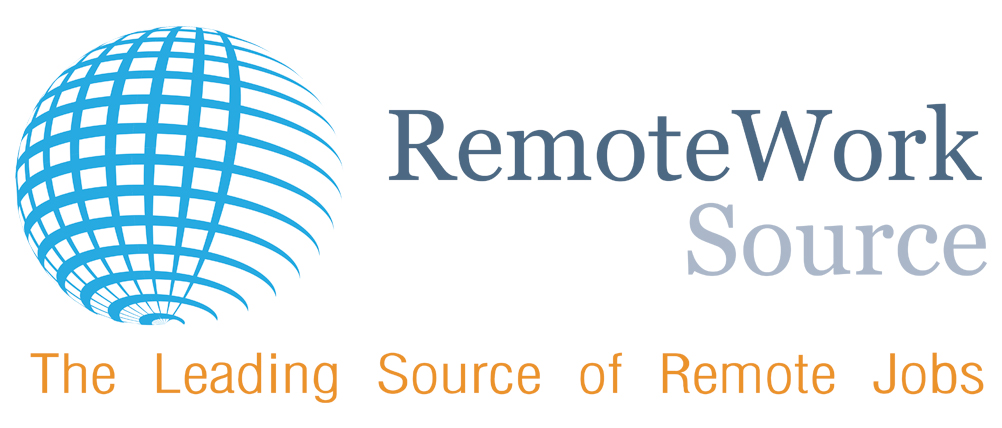Job Searching: Why Is It So Hard to Land a Remote Position?

The process of remote job searching and getting an interview is tougher than ever. Source: Yan Krukov, Pexels.com
Job searching is hard. But finding a remote job can prove even harder. Despite remote work becoming more a norm than just a trend, job seekers need to adopt a different mindset if they want to land a remote position.
Past workforce trends were once responsible for the inability of people to work from home. Many companies lacked clear or consistent data surrounding the benefits of remote work, which was a reason managers gave to refuse staff permission to work offsite.
But these days, if you’ve spent over six months applying to remote work and still haven’t received an interview, it might be time to review your job searching methods and strategies. It’s time for serious self-reflection, and the willingness to broaden your thinking.
With experience spanning over two decades of researching remote employment, helping job seekers land remote jobs, and talking to employers, I’ve detected consistent trouble spots for job seekers.
I’ve learned that whether someone is job searching for a remote customer service position or a software developer role, these trouble spots are the same. Today I want to talk about just four of them:
-
Unrealistic thinking about remote work
-
Self-sabotaging behavior
-
Lack of networking, even online
-
Not investing in themselves
Unrealistic thinking about remote work
There are two areas where unsuccessful job seekers are unrealistic. One, is their actual ability to work from home. The other is why managers deny their requests for remote work.
Is saving money on daycare a primary reason you want remote work? The experience of many people show that it’s not productive to work from home if you have small children present. Even if the job suits working offsite, every distraction will cause serious delays and impairment of your work.
If you have young children at home, consider waiting until they are older or try to enlist help with childcare for a few hours at a time. Every ten-second interruption you get will cost you another twenty minutes just to refocus. I hate to admit, but I, too, have “been there, done that.”
The other unrealistic assumption is that your current manager will cooperate with a work at home arrangement once they are shown the benefits of remote work. Even though remote work is now more the norm than a trend, managers still have a difficult time letting their staff work offsite. Productivity paranoia and other psychological factors cloud their ability to see the benefits data illustrate about remote work.

Inundating a manager with data about remote working rarely wins the case. Photo Source: Lina Grabowska, Pexels.com
If you think you will sway their decision by showing them a slew of facts and figures about remote work, that rarely works. You first must try to understand their underlying emotions and only then work on the surrounding facts.
For example, micromanagers are fearful that their lack of competence will be highlighted from remote work. So, in their minds, a remote working arrangement endangers their own careers. Research these fears you see in your manager and allow that information to guide you as you build a work-from-home proposal. Then, let the remaining facts about remote work serve as a logical backup to your proposal.
Self-sabotaging behavior
Just as managers often decide things based on their emotions, so do job seekers. News about scams, for example, becomes a reason not to invest in services that will speed up the process of finding remote employment.*
Two factors, pain and pleasure, motivate people. But, both can be crutches or excuses. For example, an automatic assumption that remote companies are scams gives people a crutch to avoid doing research (pain) on what is a scam and what isn’t. That fear gives them an excuse to use that research time viewing TV (pleasure) or working in their gardens instead.
Here’s what I mean. Over and over I have found that people who say they are trying hard to find a job will spend their last $100.00 on dinner and the movies. Yet, they are unwilling to invest the same amount in a service that will reap benefits for their the future—be it a career coach, a resume expert, or a class that will triple their chances of finding a remote job they say they need.
While avoiding pain trumps pleasure seeking, many times the one that’s closest wins. If dinner and a movie can happen today, but working on your career can wait until next week, we often chose the pleasurable option (movie) since that’s nearer than the pain (career work). We say to ourselves, “We’ll deal with the pain tomorrow.” (I.e. Procrastinate.)
“Job hunting on the cheap is always a very, very expensive mistake. Savvy job seekers recognize that the right investment in their job search provides 1,000-plus percent ROI,” writes Hank Boyer of Boyer Management Group, and author of Better Job Faster
The pleasure of seeing a movie now is in closer proximity than the regret (pain) they’ll experience later for not researching a service, instead of using the money to get help. When regret catches up, they cover it up with justifications, telling themselves, “I’m sure I can do this myself.” Or, “I don’t have time for a webinar.” And yet, they are still jobless. And the cycle continues.
Lack of networking, even online
One of the first things career counselors tell college students to do is network. As early as their freshman year, counselors encourage them to join career-related associations, to attend career fairs, and to find relevant volunteer work or internships. Those counselors know from experience that this not only puts students in touch with future employers, but gives them an edge in their job searching and teaches them skills vital to their careers for years to come.
A lack of networking is often why there’s an inability to land a remote position. Even for the most introverted job seeker, it’s easy to network since they can do so much of it online.
But networking entails more than just following promising sounding companies on LinkedIn. It means joining groups and taking part in them. It means following industry leaders on Twitter and interacting with them. And, it means attending virtual job fairs and getting insight on what companies’ needs are.
Networking is more than retweeting, liking, or connecting to get on someone’s radar. It’s an opportunity for job seekers to showcase their talents through their feedback in groups, forums, and chats, and contributions to those groups by sharing relevant content. It’s a way to make hiring managers want to view their profiles (and their resume), even when they have no job openings.
Comparable to investing in a good job service, networking is a valuable investment of one’s time, one that will pay dividends. For too many people, if they don’t see immediate results (pleasure), they quit networking before they’ve even built a noticeable online presence.
Not investing in yourself
When preparing for an interview, won’t you be willing to invest in a new outfit? Perhaps you’ll splurge to get your hair done. You’ll pay a parking fee during the interview. This is all on the slim chance you get the job. You want that job, and you know that investing in yourself will increase your chances of getting the job.
Why should it be any different to finding a remote job? Why is a job search strategy that is already commute-free, requires no dry cleaning expenses, and offers the ability to network in your slippers any less worthy of investing?
“Are you sitting around waiting for the perfect job to fall into your lap? Successful job seekers know they need to be proactively pursuing jobs and leads, and actively strategizing their job search,” writes Jayson DeMers, founder of the highly successful remote-first company, SEO.co.
It’s difficult to understand why, during job searching, many people ask, “Why should I pay for a professional resume service when I can google a free template online?” Because that sort of thinking is why they still don’t have a remote job.
“As job seekers are only too aware of, creating a resume can be a difficult process. Many people invest days, weeks, or months into perfecting their resume. It isn’t even as though perfection is unimportant when it comes to your resume, seeing as it’s the biggest tool you have in your quest for a new job.” Cudoo
Your turn: Do some honest self-reflection. What did you learn about your job searching efforts?
* Footnote: This is not to disregard the evidence that there are many scams on the internet. But with proper research, scams can be avoided.
Let’s talk more about it. Join me on Facebook or LinkedIn.
Does your resume need help? Check out our resume rewrite packages!
Category: Job Search, Networking, Resumes, Self-Assessment








